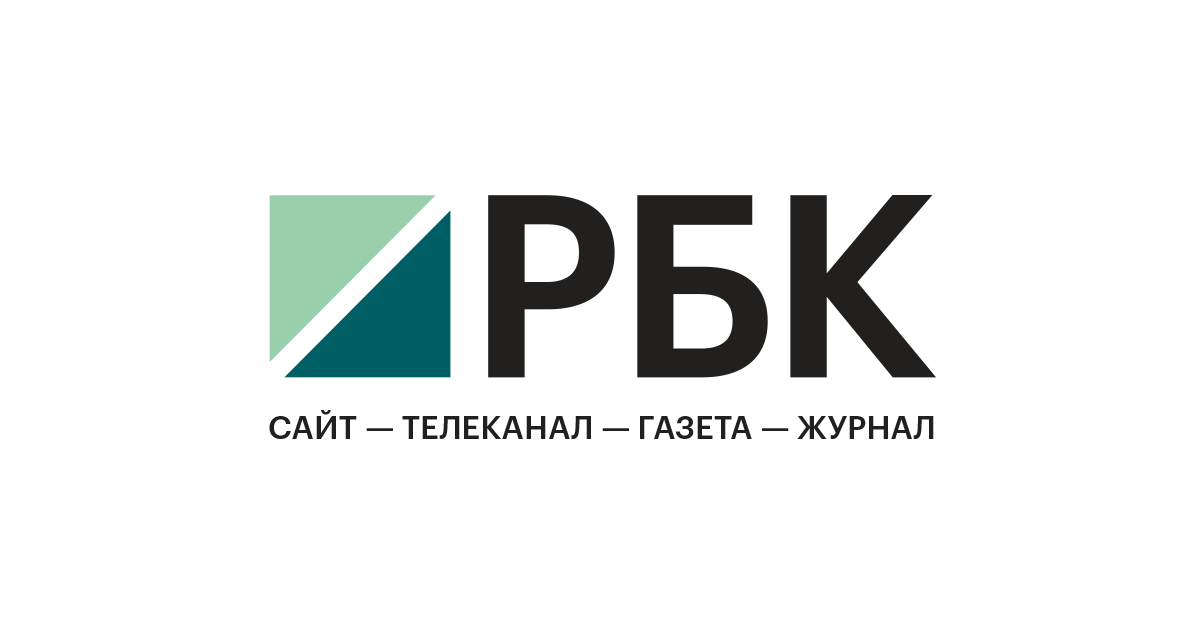Raiffeisenbank's Currency Transfer Restrictions: A Ripple in the Financial Waters
August 16, 2024, 5:06 am
Raiffeisenbank has thrown a wrench into the gears of currency transfers. Effective August 30, 2024, the bank will halt outgoing transfers in foreign currency for all individual clients. This decision comes as a response to directives from the European Central Bank (ECB), which mandated Raiffeisen Bank International (RBI) to shrink its Russian credit portfolio by 65% by 2026. The financial landscape is shifting, and Raiffeisenbank is caught in the tide.
The bank's representative confirmed that any transfers initiated before 4:00 PM Moscow time on August 30 will still be processed. However, this is a temporary reprieve. The implications of this decision are significant. It affects not just individual clients but also the broader economic environment in Russia. The bank's move reflects a tightening grip on foreign currency operations, echoing the broader trends in international finance.
In June, the ECB's directive was a wake-up call. It signaled a shift in how European banks engage with Russian markets. Raiffeisenbank responded by halting interest accrual on savings accounts and suspending the opening of brokerage accounts for retail investors. This was not an isolated incident. Other European banks, like UniCredit, have also maintained their presence in Russia, but the pressure is mounting.
The restrictions on currency transfers are a clear signal. They indicate a growing unease among foreign financial institutions operating in Russia. The landscape is fraught with uncertainty. Clients are left in limbo, unsure of their financial futures. The bank's decision is akin to a dam breaking. It sends ripples through the economy, affecting everything from personal savings to international trade.
Meanwhile, the Russian government is tightening its grip on businesses acquired from foreign owners. Authorities have ramped up scrutiny of Key Performance Indicators (KPIs) for these companies. New owners are now required to submit reports on their performance metrics. This is a direct response to the influx of foreign capital and the need to ensure compliance with local regulations.
Since 2022, a special procedure has been in place for transactions involving foreign assets. Any sale requires government approval, and the rules have evolved. In December 2021, the government introduced KPI requirements for new owners. This adds another layer of complexity to an already intricate process. Companies that thought they could operate freely are now under the watchful eye of regulatory bodies.
The recent requests for KPI reports have sent shockwaves through the business community. New owners are scrambling to comply with these demands. They must provide evidence of their performance against the established metrics. This is not just a bureaucratic exercise; it has real implications for business operations and profitability.
The landscape for foreign investments in Russia is shifting. The government is keen to ensure that these businesses align with national interests. This is a balancing act. On one hand, the government wants to attract foreign capital. On the other, it seeks to maintain control over these assets. The result is a complicated web of regulations that can stifle growth and innovation.
The financial sector is feeling the heat. Raiffeisenbank's restrictions on currency transfers are just one piece of a larger puzzle. The interplay between foreign banks and Russian regulations is fraught with tension. As European banks navigate these waters, they must weigh the risks against potential rewards.
For clients, the implications are profound. The inability to transfer funds freely can hinder personal and business transactions. It creates a sense of instability. People rely on their banks to facilitate their financial lives. When that trust is shaken, it can lead to a broader crisis of confidence.
The situation is fluid. As the government tightens its grip on foreign investments, banks like Raiffeisenbank must adapt. They are caught between regulatory demands and client expectations. This is a precarious position. The financial landscape is changing, and institutions must evolve or risk being left behind.
In conclusion, Raiffeisenbank's decision to limit outgoing currency transfers is a reflection of broader economic trends. It highlights the challenges faced by foreign banks operating in Russia. As the government increases scrutiny on foreign-owned businesses, the financial landscape becomes more complex. Clients are left navigating uncertain waters, unsure of what lies ahead. The ripples from these decisions will be felt for some time, shaping the future of finance in Russia and beyond.
The bank's representative confirmed that any transfers initiated before 4:00 PM Moscow time on August 30 will still be processed. However, this is a temporary reprieve. The implications of this decision are significant. It affects not just individual clients but also the broader economic environment in Russia. The bank's move reflects a tightening grip on foreign currency operations, echoing the broader trends in international finance.
In June, the ECB's directive was a wake-up call. It signaled a shift in how European banks engage with Russian markets. Raiffeisenbank responded by halting interest accrual on savings accounts and suspending the opening of brokerage accounts for retail investors. This was not an isolated incident. Other European banks, like UniCredit, have also maintained their presence in Russia, but the pressure is mounting.
The restrictions on currency transfers are a clear signal. They indicate a growing unease among foreign financial institutions operating in Russia. The landscape is fraught with uncertainty. Clients are left in limbo, unsure of their financial futures. The bank's decision is akin to a dam breaking. It sends ripples through the economy, affecting everything from personal savings to international trade.
Meanwhile, the Russian government is tightening its grip on businesses acquired from foreign owners. Authorities have ramped up scrutiny of Key Performance Indicators (KPIs) for these companies. New owners are now required to submit reports on their performance metrics. This is a direct response to the influx of foreign capital and the need to ensure compliance with local regulations.
Since 2022, a special procedure has been in place for transactions involving foreign assets. Any sale requires government approval, and the rules have evolved. In December 2021, the government introduced KPI requirements for new owners. This adds another layer of complexity to an already intricate process. Companies that thought they could operate freely are now under the watchful eye of regulatory bodies.
The recent requests for KPI reports have sent shockwaves through the business community. New owners are scrambling to comply with these demands. They must provide evidence of their performance against the established metrics. This is not just a bureaucratic exercise; it has real implications for business operations and profitability.
The landscape for foreign investments in Russia is shifting. The government is keen to ensure that these businesses align with national interests. This is a balancing act. On one hand, the government wants to attract foreign capital. On the other, it seeks to maintain control over these assets. The result is a complicated web of regulations that can stifle growth and innovation.
The financial sector is feeling the heat. Raiffeisenbank's restrictions on currency transfers are just one piece of a larger puzzle. The interplay between foreign banks and Russian regulations is fraught with tension. As European banks navigate these waters, they must weigh the risks against potential rewards.
For clients, the implications are profound. The inability to transfer funds freely can hinder personal and business transactions. It creates a sense of instability. People rely on their banks to facilitate their financial lives. When that trust is shaken, it can lead to a broader crisis of confidence.
The situation is fluid. As the government tightens its grip on foreign investments, banks like Raiffeisenbank must adapt. They are caught between regulatory demands and client expectations. This is a precarious position. The financial landscape is changing, and institutions must evolve or risk being left behind.
In conclusion, Raiffeisenbank's decision to limit outgoing currency transfers is a reflection of broader economic trends. It highlights the challenges faced by foreign banks operating in Russia. As the government increases scrutiny on foreign-owned businesses, the financial landscape becomes more complex. Clients are left navigating uncertain waters, unsure of what lies ahead. The ripples from these decisions will be felt for some time, shaping the future of finance in Russia and beyond.

